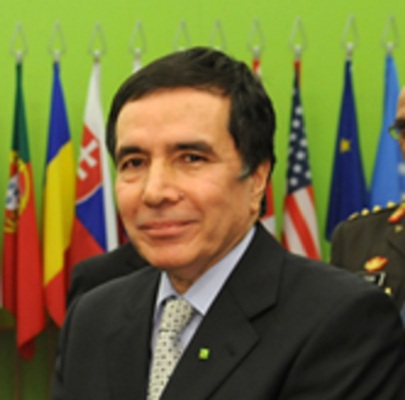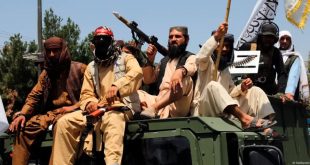By Ambassador Dr. Zia Nezam, Former Afghan Ambassador to Vienne, Brussels and Rome-Throughout most of its history, highly centralized regimes governed Afghanistan. Allegiance to a king, aided by a hierarchy of his chosen subordinates, sometimes provided political stability with national identity greater than ethnic affiliation, yet this partly feudal system was a continuing obstacle to economic development, which was rare, piecemeal, and centered in the capital. However, today a robust majority of Afghani in all provinces realize that decentralization, that is province-level power sharing, must occur to stabilize Afghanistan. Only in this way can nation building and a truly national economy develop sustainably. Thorough analyses of successful, modern nation states support this view, indicating also that only with long-term decentralized power-sharing can economic development can democratic institutions take root and evolve.
The Afghan people have had to endure four decades of conflict. There has been a relentless struggle to create a national government that can surmount regional, ethnic, tribal, political, and/or religious differences in order to forge a modern nation-state. Even after the last 16 years of international intervention, the United Nations reports that the security situation in all Afghanistan lacks stability. The Afghan people recognize that we must have a national army led from the head of our presidential system to combat terrorist elements in Afghanistan and surrounding countries who will not accept democratic rule and peaceful political conflict resolution. At the same time, however, our presidential system must devolve autonomy to the provinces and districts, so these entities can elect their governors as they now do with their ruling councils.
Currently, however, Afghanistan’s provincial ruling councils have only a consultative role, and a consultative role for locally elected provincial council officials outside Kabul is wholly insufficient for successful nation building. Only by fostering the development of local governments in their various administrative and different functional capacities can there be a solid, broadly based foundation for national governance. In addition, the more the countryside is trusted by the central government to participate meaningfully in nation building, the less influence terrorists have to exploit discontent and resistance to centrally directed governance.
Decentralization is a challenging process, for Afghanistan, which “has one of the world’s most highly centralized governments.” (US Institute of Peace, Special Report, July 2017) Our greatly centralized political system – again, distinct from our centralized armed forces – has further deepened our continuing national crisis. Resistance to centrally concentrated political power engenders tension and can lead to chaos as local, whether provincial or distrital, priorities often are at odds with those emanating from Kabul. More substantive administrative and governmental functions power sharing, as witnessed in developing countries with expanding economies, means more efficient delivery of services to citizens where they live. Moreover, with locally elected leadership, there is greater accountability and transparency of public spending to the people served.
What is purposed here is echoed by many Afghans in prominent political and economic prominence. Likewise, much greater decentralization is suggested by disinterested think tanks and has been urged by the EU ambassador and the UN representative in Afghanistan. Repeating for emphasis, the military fight must be directed centrally, but to build a strong sense of ownership in the Afghan state, more day-to-day control of their lives must be given to all our citizens who want an end to hostilities. With increasingly devolved participation in the meaningful decisions of their daily lives, elected provincial can improve the delivery of essential services (communications, schools, roads, bridges, hospitals, etc.). Corruption can be reduced with greater local monitoring and accountability, longer-term economic development projects can be undertaken, and of fundamental importance, the destructive influence of terrorists can be thwarted. In so doing, the country will become more stable.
 Afghanistan Times Latest News and Analysis from Afghanistan and the Region
Afghanistan Times Latest News and Analysis from Afghanistan and the Region




